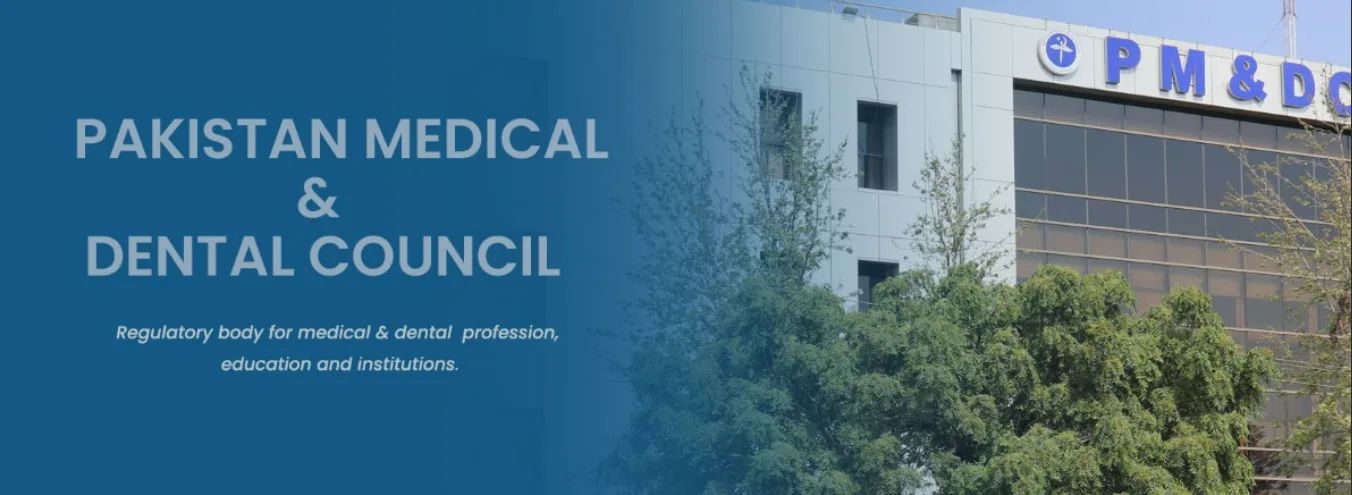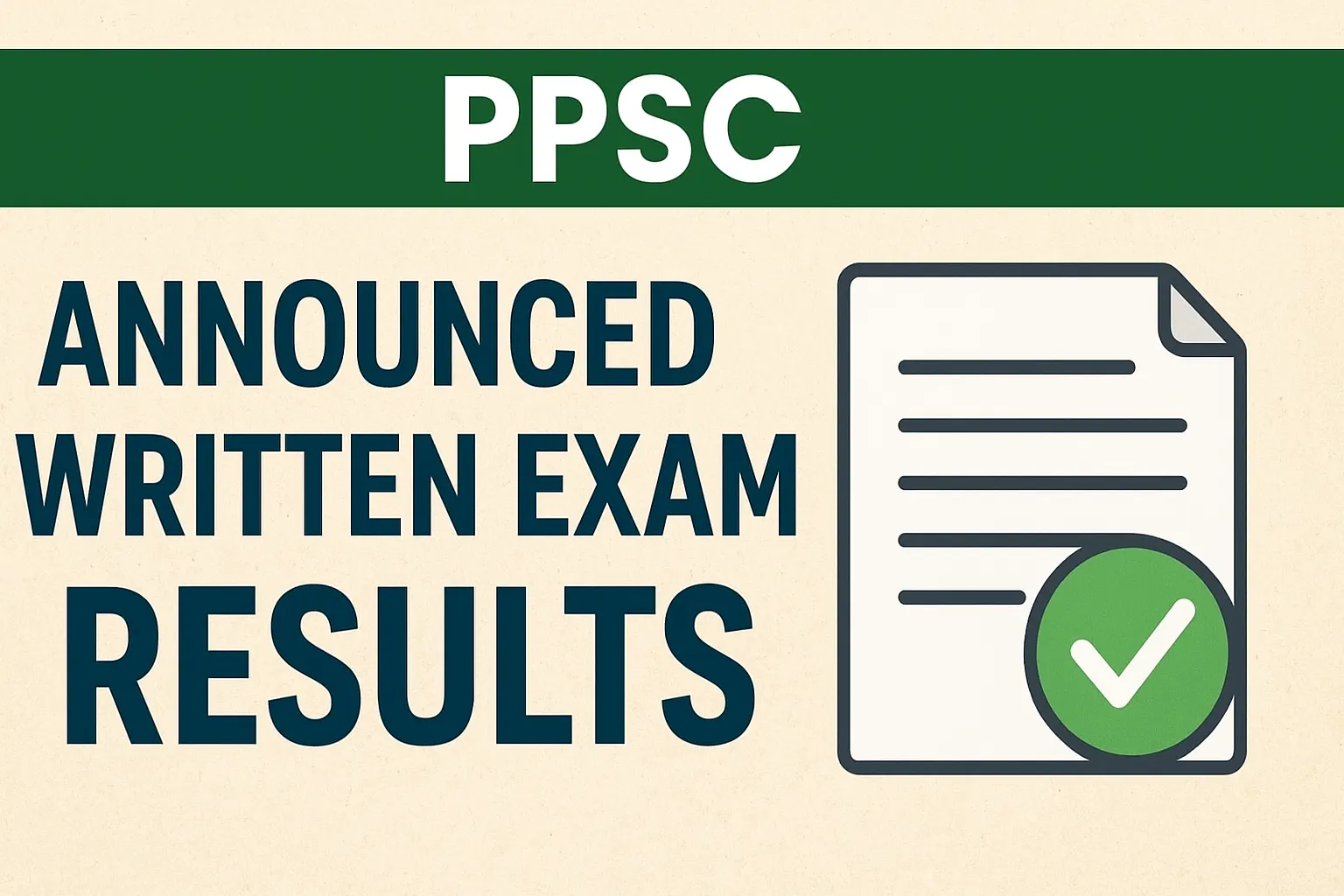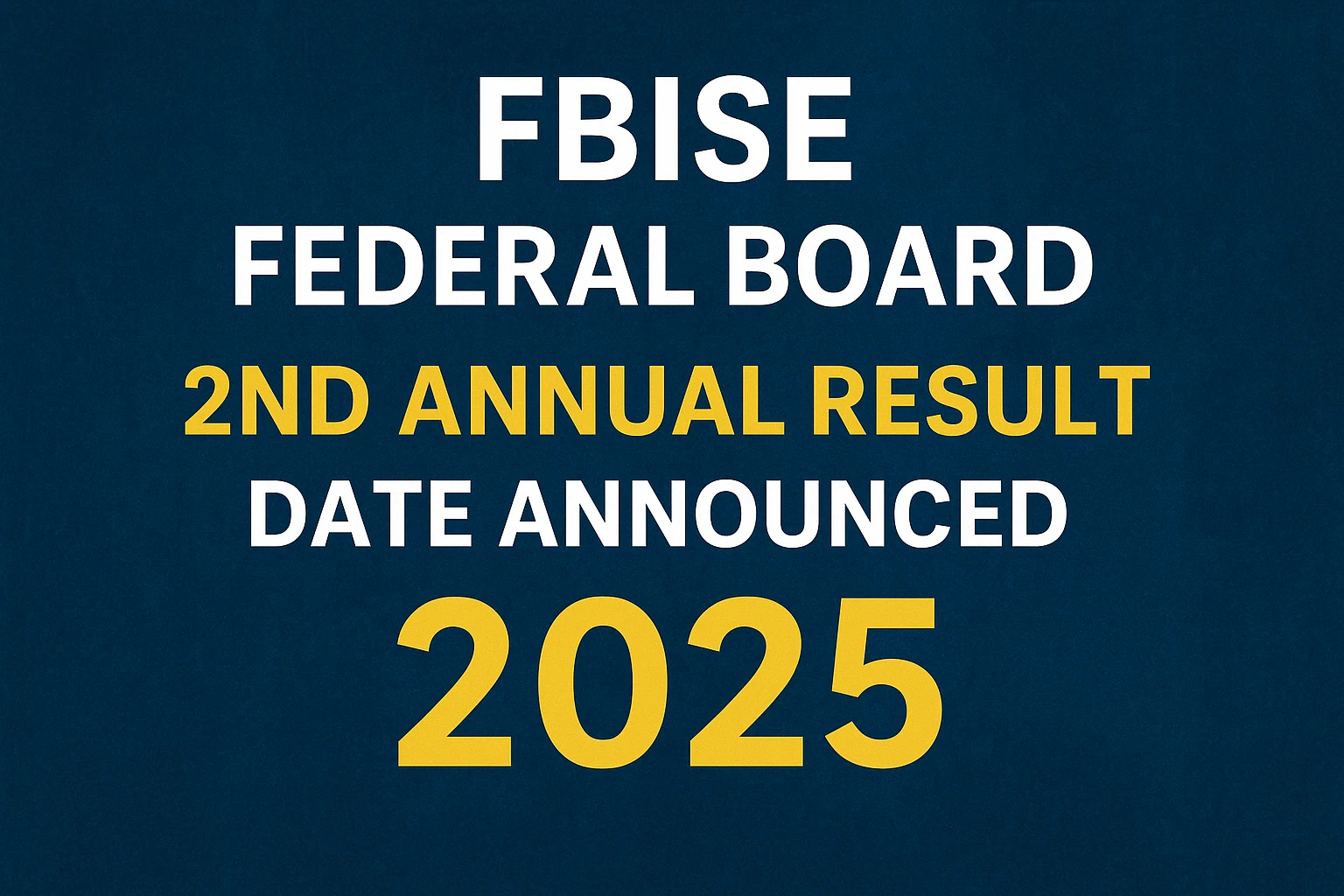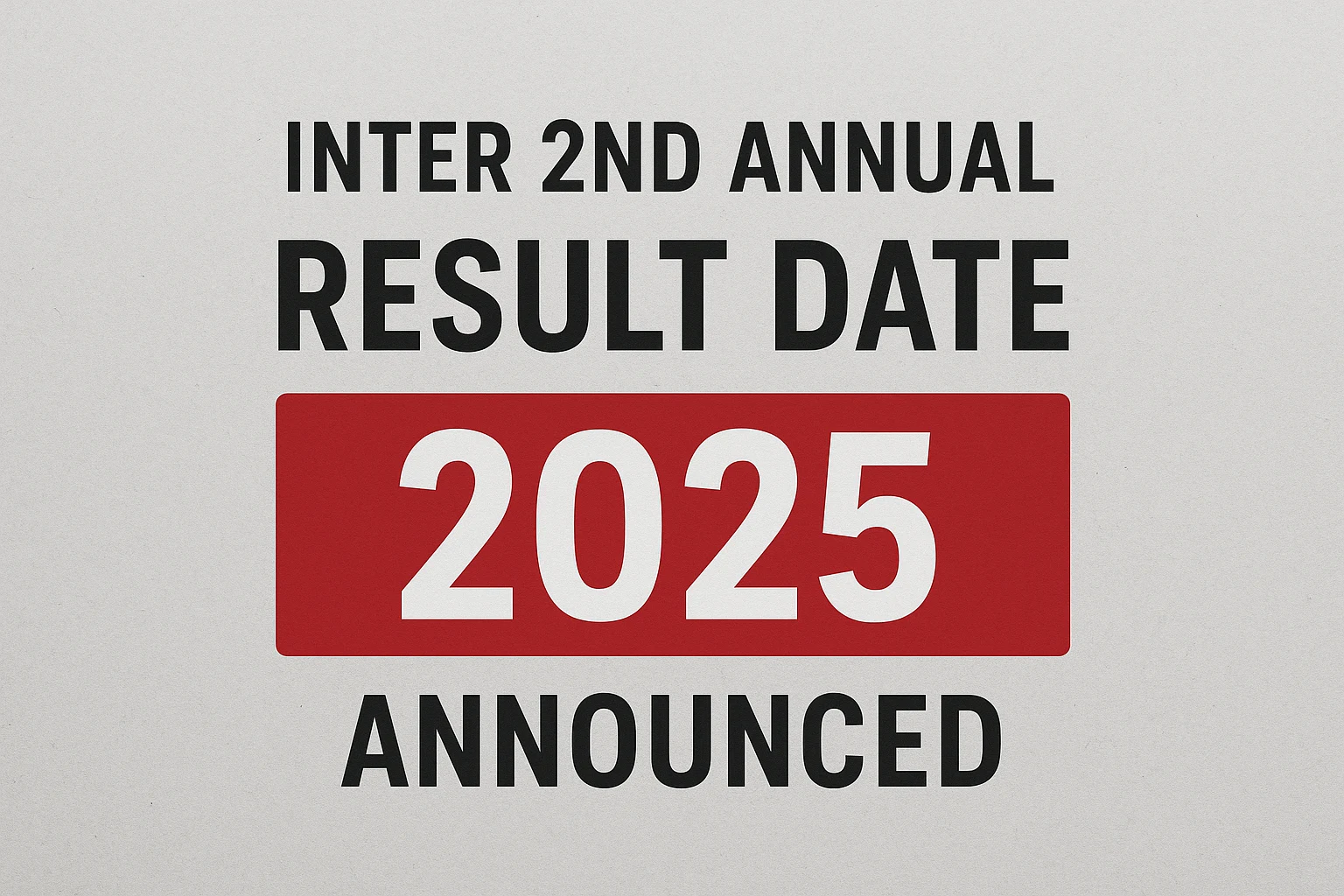PMDC Introduces New Rules for MDCAT 2026 Onwards
The Pakistan Medical and Dental Council (PMDC) has officially announced new regulations for the MDCAT 2026 examination. These changes will apply to all candidates seeking MBBS and BDS admissions for the academic session beginning in 2026.
According to Dr. Fatima Abid, Director of Admissions at Jinnah Sindh Medical University, the revisions aim to bring greater transparency, fairness, and uniformity to Pakistan medical admission process.
Revised Eligibility Criteria for MDCAT 2026
PMDC has raised the bar for students aspiring to join medical and dental programs. The minimum academic qualification required has now been increased from 60% to 65% in FSc (Pre-Medical) or an equivalent qualification.
Eligibility Requirements Table
| Requirement | Previous Criteria | Updated Criteria (2026) |
|---|---|---|
| Minimum Marks in FSc (Pre-Medical) | 60% | 65% |
| Domicile Requirement | Any province | Must match exam province |
| Exam Subjects | Biology, Chemistry, Physics, English | Biology, Chemistry, Physics, English, Logical Reasoning |
| Negative Marking | Applied in some years | No Negative Marking |
| Exam Dates | Varied yearly | October 5–26, 2026 |
These changes emphasize academic excellence and promote fair regional representation by requiring matriculation, intermediate, and domicile certificates from the same province where the student plans to take the MDCAT 2026 exam.
PMDC Objective Behind the Policy Changes
The PMDC updated policy is designed to tackle multiple long-standing challenges in the medical admission system.
Key Objectives:
- Ensure transparency through a centralized national framework.
- Promote fairness in seat allocation across provinces.
- Eliminate administrative confusion through uniform documentation requirements.
- Reduce paper leak risks by implementing digital encryption systems.
- Enhance monitoring with biometric attendance and ID verification at all test centres.
According to Dr. Fatima Abid these changes will make the MDCAT process more credible and trustworthy, improving the overall merit-based selection process for aspiring medical students.
MDCAT 2026 Examination Schedule
The MDCAT 2026 exams will be conducted between October 5 and October 26, 2026 across various test centres nationwide.
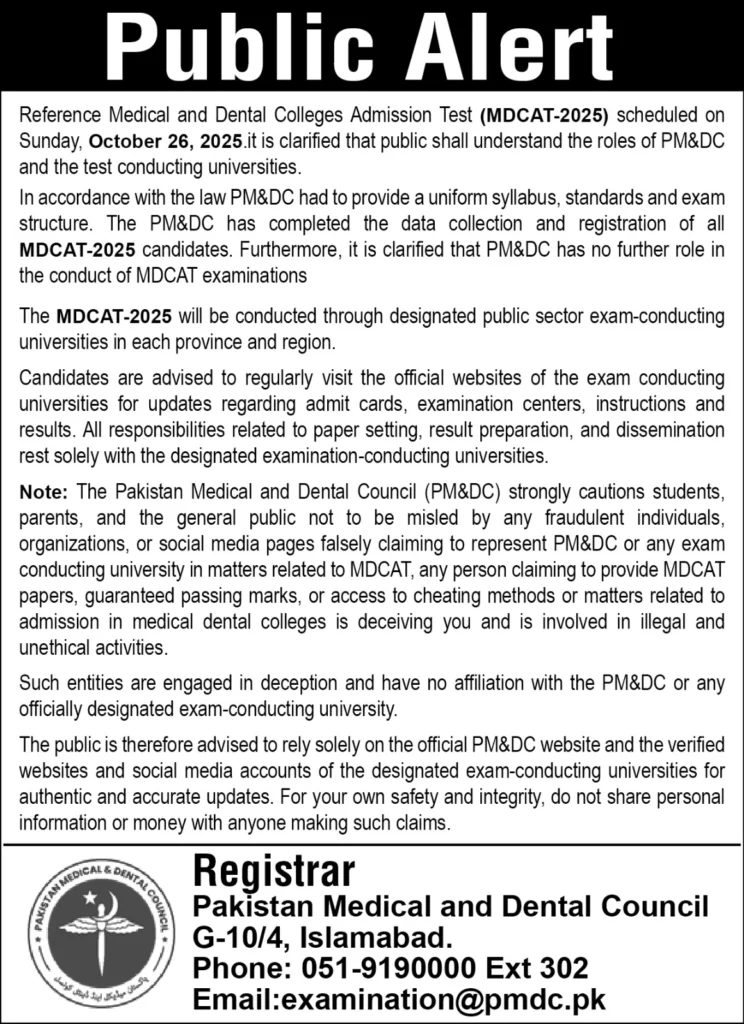
Key Exam Details
| Component | Details |
|---|---|
| Exam Dates | October 5–26, 2026 |
| Exam Type | Multiple Choice Questions (MCQs) |
| Total Questions | 180 |
| Marking Scheme | No Negative Marking |
| Mode | Paper-based (secure distribution) |
| Verification | Biometric and ID-based authentication |
These changes reflect PMDC’s ongoing effort to streamline the testing process while ensuring consistency and fairness for all applicants.
MDCAT 2026 Updated Syllabus
The MDCAT syllabus 2026 has been redesigned to better align with current medical education standards. The test will now include Logical Reasoning in addition to the traditional science subjects.
Subject-Wise Marks
- Biology: 68 MCQs
- Chemistry: 54 MCQs
- Physics: 54 MCQs
- English: 10 MCQs
- Logical Reasoning: 14 MCQs
This updated syllabus focuses on conceptual understanding rather than rote memorization, ensuring that only well-prepared students succeed.
Centralized Question Bank for Fairness
A major highlight of the new MDCAT policy is the creation of a centralized question bank. This will allow PMDC to maintain a uniform level of difficulty across all provinces.
Benefits of the Centralized Question Bank
Standardization: Every student faces a comparable paper regardless of province.
Security: Reduces the chance of paper leaks.
Transparency: Promotes a fair testing environment for all candidates.
Enhanced Security and Anti-Cheating Measures
In response to public concerns over previous paper leaks, PMDC has implemented advanced digital encryption and paper tracking systems.
Key Security Measures Include:
- Encrypted paper transmission to prevent leaks.
- Secure distribution through controlled centres.
- Biometric verification at all exam halls.
- Live monitoring during exam sessions.
- Centralized reporting system to identify irregularities.
Dr. Abid emphasized that these systems are already active at major testing institutions across Pakistan.
Impact on Future Medical Admissions
The revised MDCAT 2026 rules mark a significant step forward in reforming Pakistan’s medical admission framework. The new eligibility criteria and security mechanisms ensure that only qualified and deserving candidates progress into the medical field.



